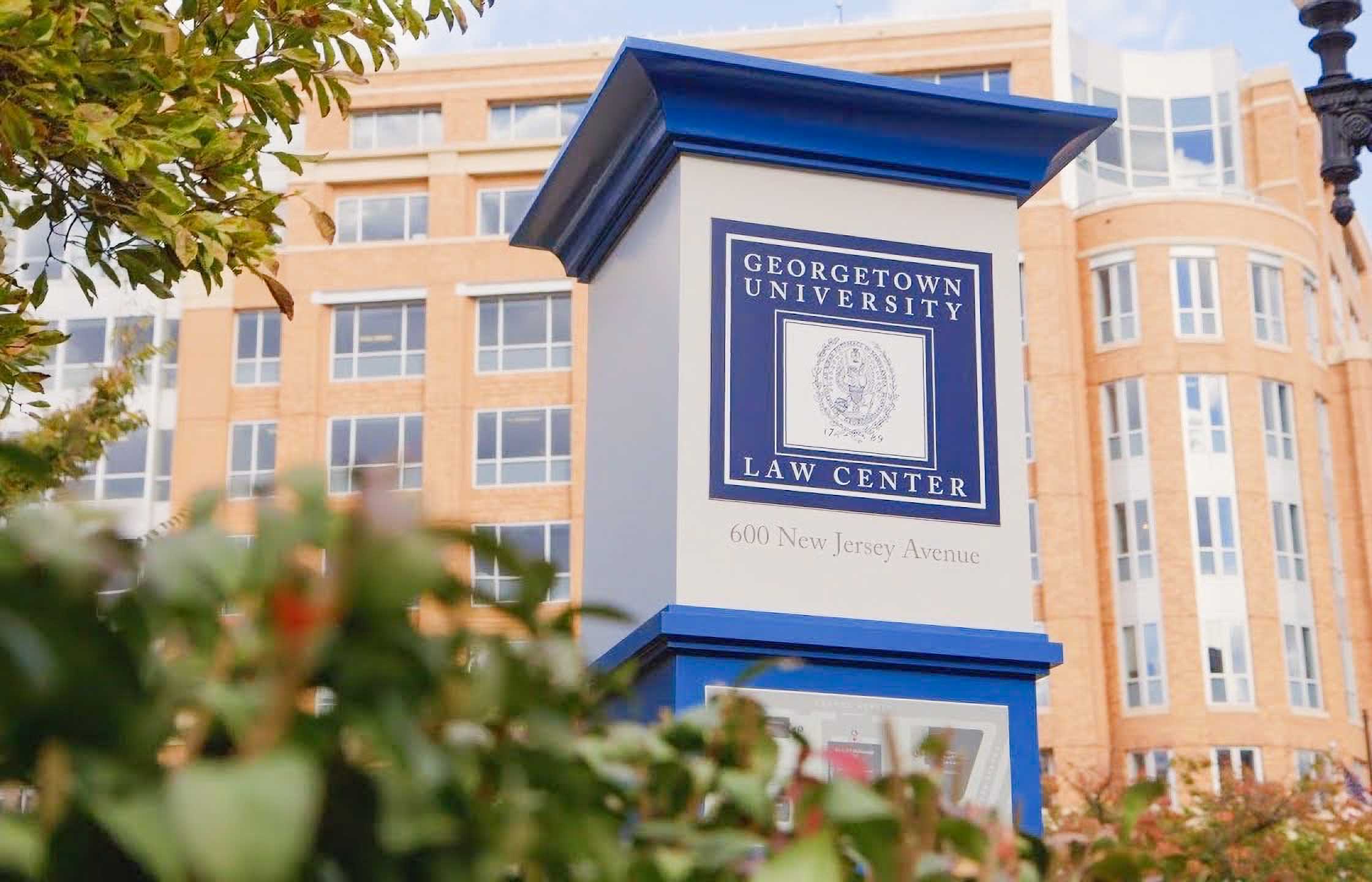Federal court to hear challenge to Mississippi’s anti-LGBTQ “religious freedom” law
Law would have granted people who subscribe to 3 specific religious beliefs carte blanche to discriminate against gays

Advocates fighting against a Mississippi law that would have condoned widespread discrimination against LGBTQ people under the guise of “religious freedom” will get to challenge the law in court.
On Monday, April 3, a three-judge panel of the 5th U.S. Circuit Court of Appeals will hear arguments on HB 1523, which allows people with certain specific religious beliefs regarding homosexuality, transgenderism, and same-sex marriage to refuse goods or services to LGBTQ people.
U.S. District Court Judge Carlton Reeves previously blocked the law from taking effect in July, ruling that its overly specific endorsement of three particular religious beliefs violated the Establishment Clause of the First Amendment of the U.S. Constitution. He also ruled that the law’s targeting of LGBTQ people for disparate treatment violated the Equal Protection Clause of the Fourteenth Amendment.
The three specific beliefs that HB 1523 endorses are 1) that marriage can only be between a man and a woman; 2) that sexual intercourse is properly reserved to such a marriage; and 3) that sex is an immutable characteristic that is assigned at birth and cannot change.
“The entire point of the religious freedom guaranteed by the First Amendment is to protect the religious beliefs of all Americans, not just the views of some Americans, or even the views of the majority of Americans,” Roberta Kaplan, the lead counsel for the plaintiffs, said in a statement. “By enshrining three specific, anti-gay religious beliefs not held by all religions or religious people in Mississippi law, and by giving Mississippians who hold those beliefs an absolute exemption from a wide variety of otherwise generally-applicable laws and regulations, HB 1523 flies in the face of this long and cherished constitutional tradition.”
Reeves said as much in July, when he wrote in his opinion that “HB 1523 constitutes an official preference for certain religious tenets…. Christian Mississippians with religious beliefs contrary to [Section 2 of HB 1523] become second-class Christians. Their exclusion from HB 1523 sends a message ‘that they are outsiders, not full members of the political community, and an accompanying message to adherents that they are insiders, favored members.'”
Reeves also punched holes in the argument that social conservatives rely on when they fight for religious exemptions that would allow them to refuse service to LGBTQ people — namely, that “any act which brings them into contact with same-sex marriage or same-sex relationships makes the believer complicit in the same-sex couples’ sin, in violation of the believer’s own exercise of religion.”
He noted that proponents of such exemptions speak in generalities, but never identify any concrete example of where a person’s right to free exercise of religion has been trampled upon.
The Campaign for Southern Equality, one of two plaintiffs in the case, has argued that HB 1523 would give too much leeway to people who wish to discriminate against LGBTQ individuals and same-sex couples.
In a press release, CSE noted how the law, if implemented as written, would affect the other plaintiff in the case, Dr. Susan Hrostowski, the vicar of St. Elizabeth’s Episcopal Church in Collins, Miss., as well as other LGBTQ people, including youth.
“Had it gone into effect, HB 1523 would have allowed public employees, service providers, and business owners in Mississippi to deny treatment, services, and goods to LGBT individuals…Thus, a restaurant manager in Jackson, Mississippi who chooses not to ‘recognize’ the marriage of Rev. Hrostowski and her wife would have been empowered under HB 1523 to refuse to seat them together at a table for two on their anniversary, despite the existence of an ordinance prohibiting discrimination on the basis of sexual orientation,” CSE wrote in a press release outlining their objection to the law.
“HB 1523 also prohibits the state from intervening to protect the best interests of gay or transgender children in the care of adults who may hold one or more of these religious beliefs. And HB 1523 not only allows private citizens to refuse to provide counseling and psychological treatment on the basis of the three specific religious beliefs in clear violation of professional ethical guidelines — it also permits state employees, including public school guidance counselors, to turn away students desperately in need of support.”
Support Metro Weekly’s Journalism
These are challenging times for news organizations. And yet it’s crucial we stay active and provide vital resources and information to both our local readers and the world. So won’t you please take a moment and consider supporting Metro Weekly with a membership? For as little as $5 a month, you can help ensure Metro Weekly magazine and MetroWeekly.com remain free, viable resources as we provide the best, most diverse, culturally-resonant LGBTQ coverage in both the D.C. region and around the world. Memberships come with exclusive perks and discounts, your own personal digital delivery of each week’s magazine (and an archive), access to our Member's Lounge when it launches this fall, and exclusive members-only items like Metro Weekly Membership Mugs and Tote Bags! Check out all our membership levels here and please join us today!





















You must be logged in to post a comment.